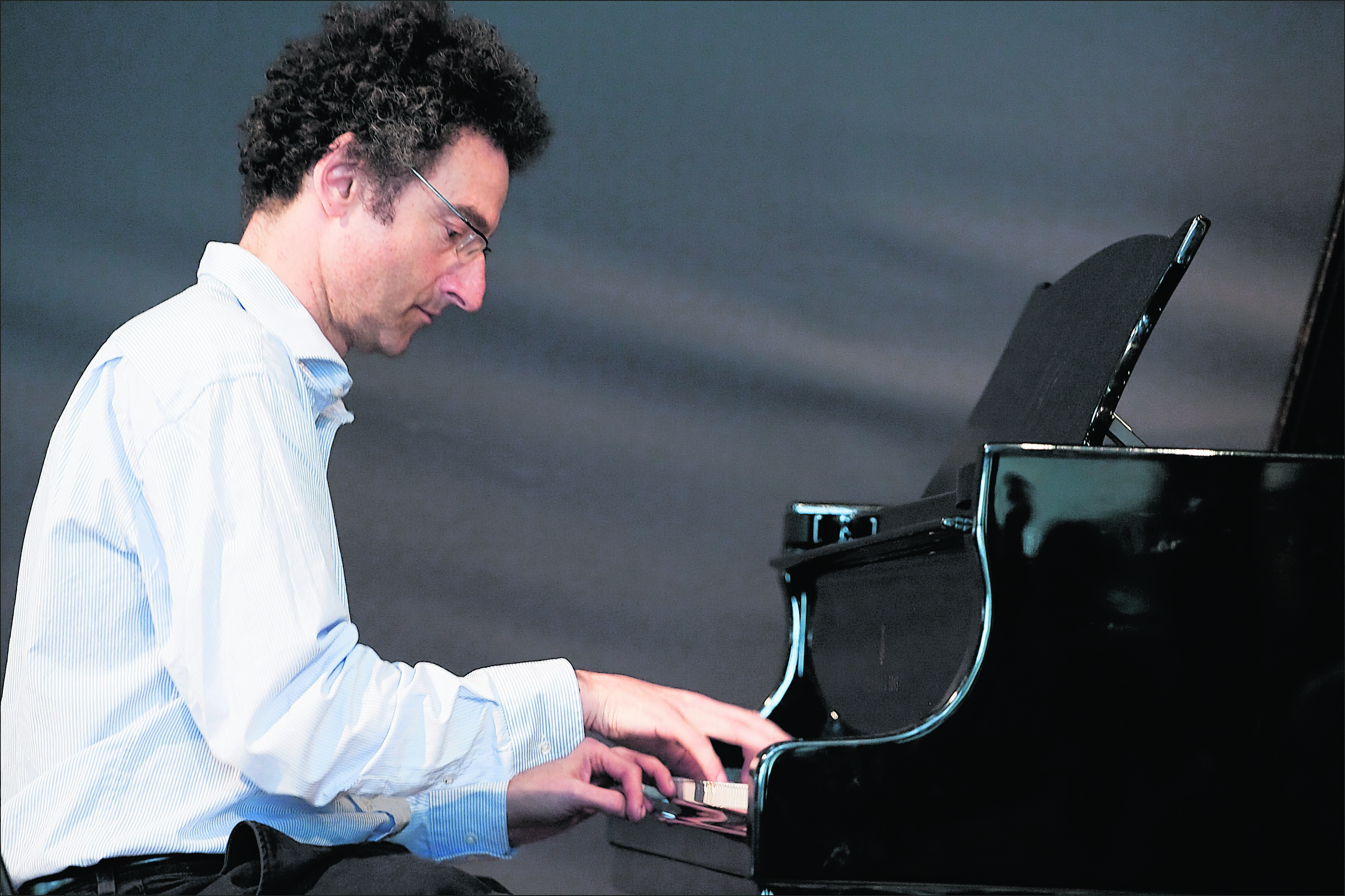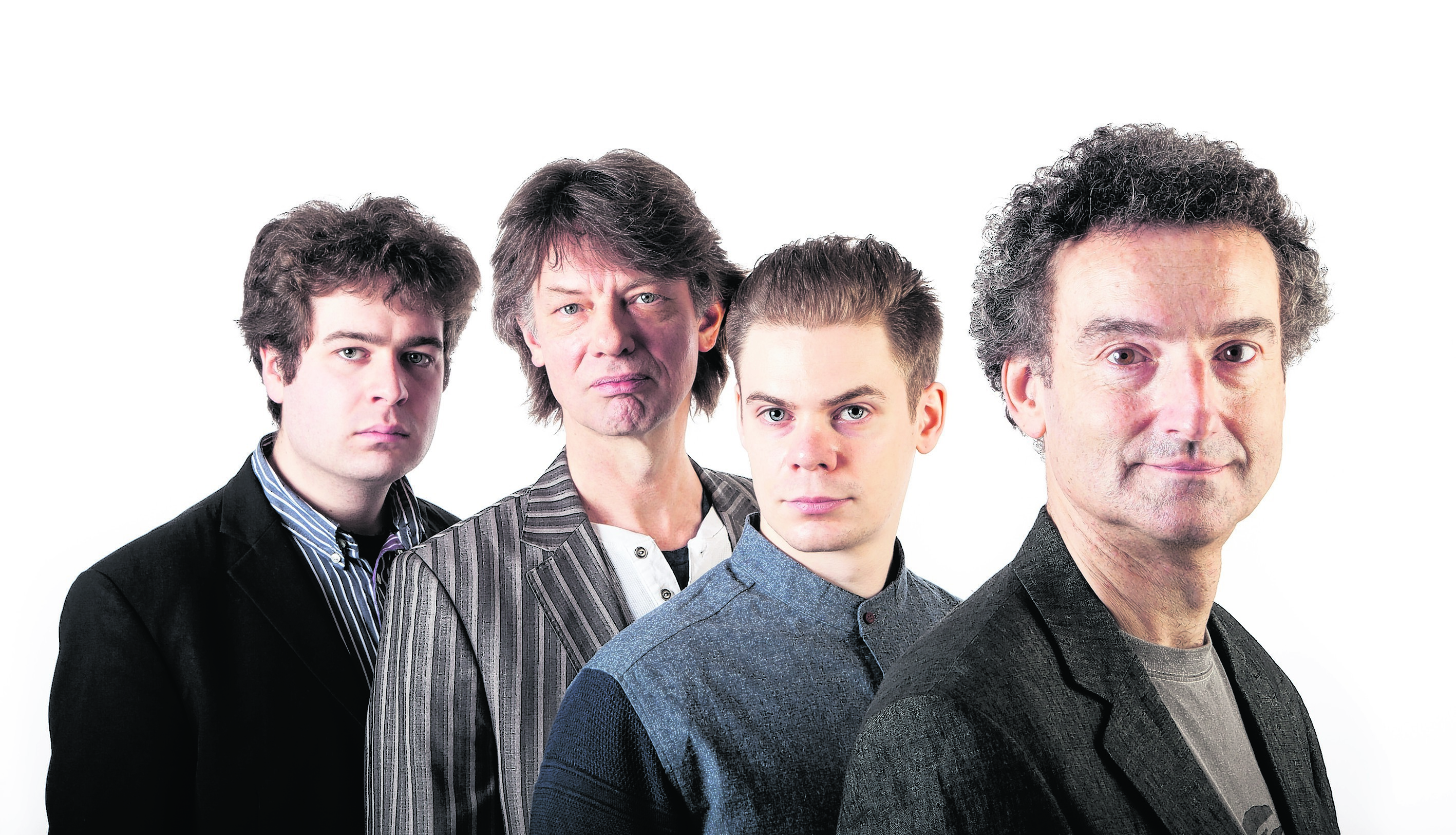When Cape Town-born Philip Clouts took his band to the Lemon Tree in Aberdeen last winter, he was hoping for a positive response from the audience – and he got it.
Although he grew up in London, Clouts’ music is heavily influenced by the country of his birth, as well the rhythms of Cuba and India, and it places a big emphasis on dancing grooves.
“My parents brought some of their favourite records over with them when they escaped the apartheid system in the 1960s, and my earliest musical memories are of rhythms, very strong rhythms, with tunes that were simple and very memorable,” says Clouts, down the line from London where he has just launched his new album, Umoya.
“And those features have stayed with me. We play jazz but it’s the kind of jazz that’s all about communicating with the audience, making people feel good.”
It was the feel-good factor that the audience picked up on last time the pianist came to town.
“We’re used to playing to audiences who listen – and we like that – but sometimes it’s difficult to know what they’re thinking until the end of a number or even the end of the night,” says Clouts.
“But in Aberdeen, we got the message pretty clearly that they were enjoying what they were hearing and that kind of response makes us feel good about ourselves, too, and the music reflects that.”
Clouts began playing piano by ear after his two older brothers started taking lessons. His own formal lessons didn’t go so well initially, but hearing the great British pianist Stan Tracey on a television programme when he was 12 attracted him to jazz and made him take the instrument more seriously.
Later, he formed the band Zubop and toured all over the UK, playing jazz with a definite South African flavour, before he moved to his current home in Dorset where he put together a quartet that continues the African connection and embraces his other musical influences. Sufi music, Nigerian dance rhythms and folk music from Romania and Southern Italy, as well as gospel music, all figure on the tracks from Umoya which will feature strongly in his band’s set at the Blue Lamp in the Gallowgate tonight, Thursday, October 29.
Currently, his quartet features saxophonist Samuel Eagles, bass guitarist Alex Keen and the Yamaha Jazz Scholarship-winning drummer Dave Ingamells, all players who have, says Clouts, taken to the multicultural mix of his music with real enthusiasm.
“Umoya is the Zulu word for ‘life force’. It can also be translated as ‘soul’ and ‘spirit’ and I’m really pleased with the way Sam, Alex and Dave highlight these aspects of the music,” said Clouts.
“It’s a slightly different line-up and a different venue this time, but we’re hoping to encounter the same Aberdeen audience enthusiasm again.”

